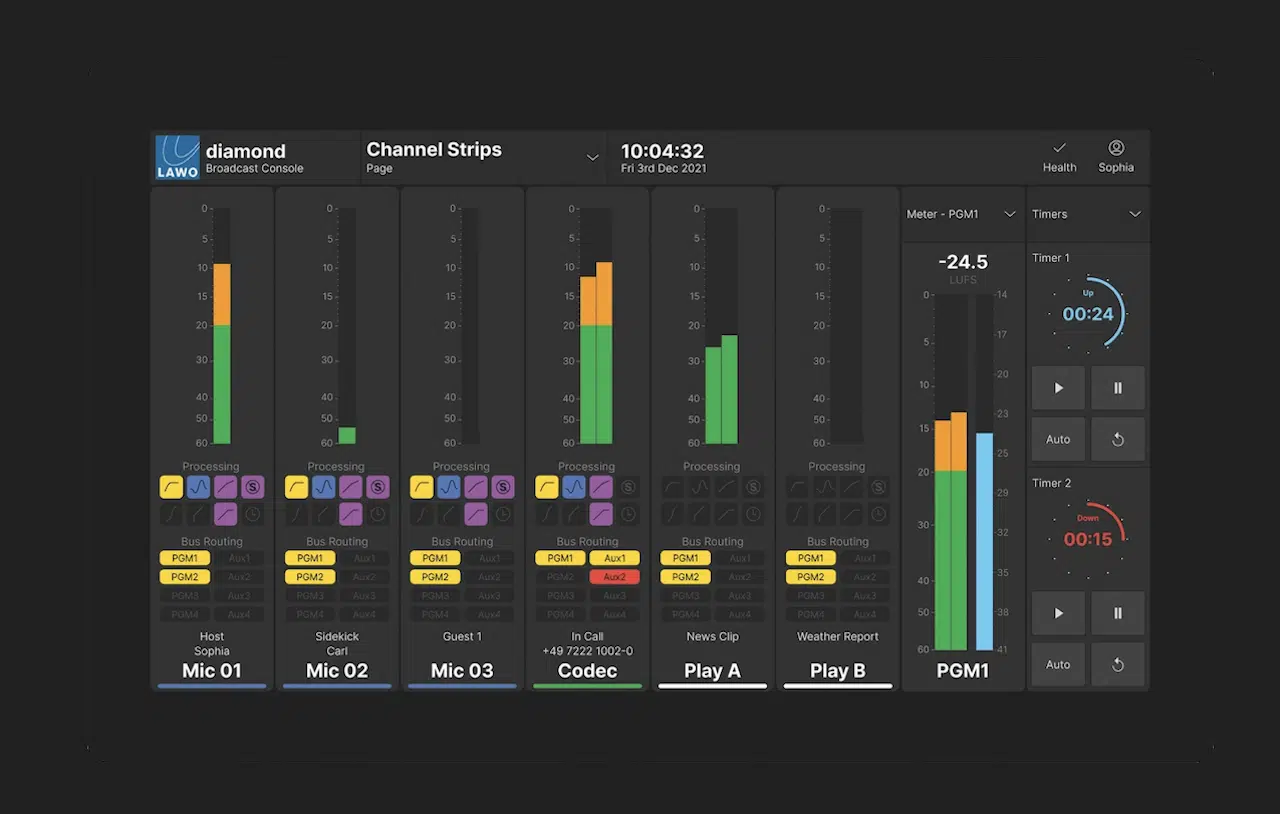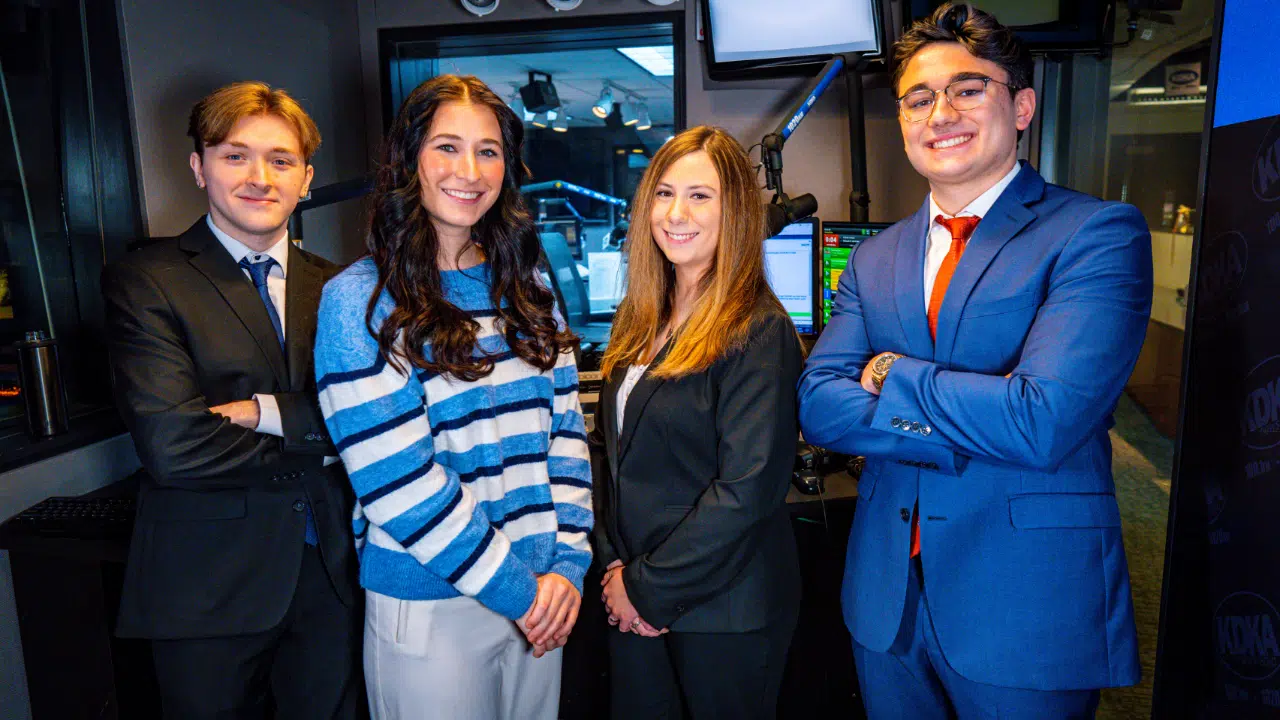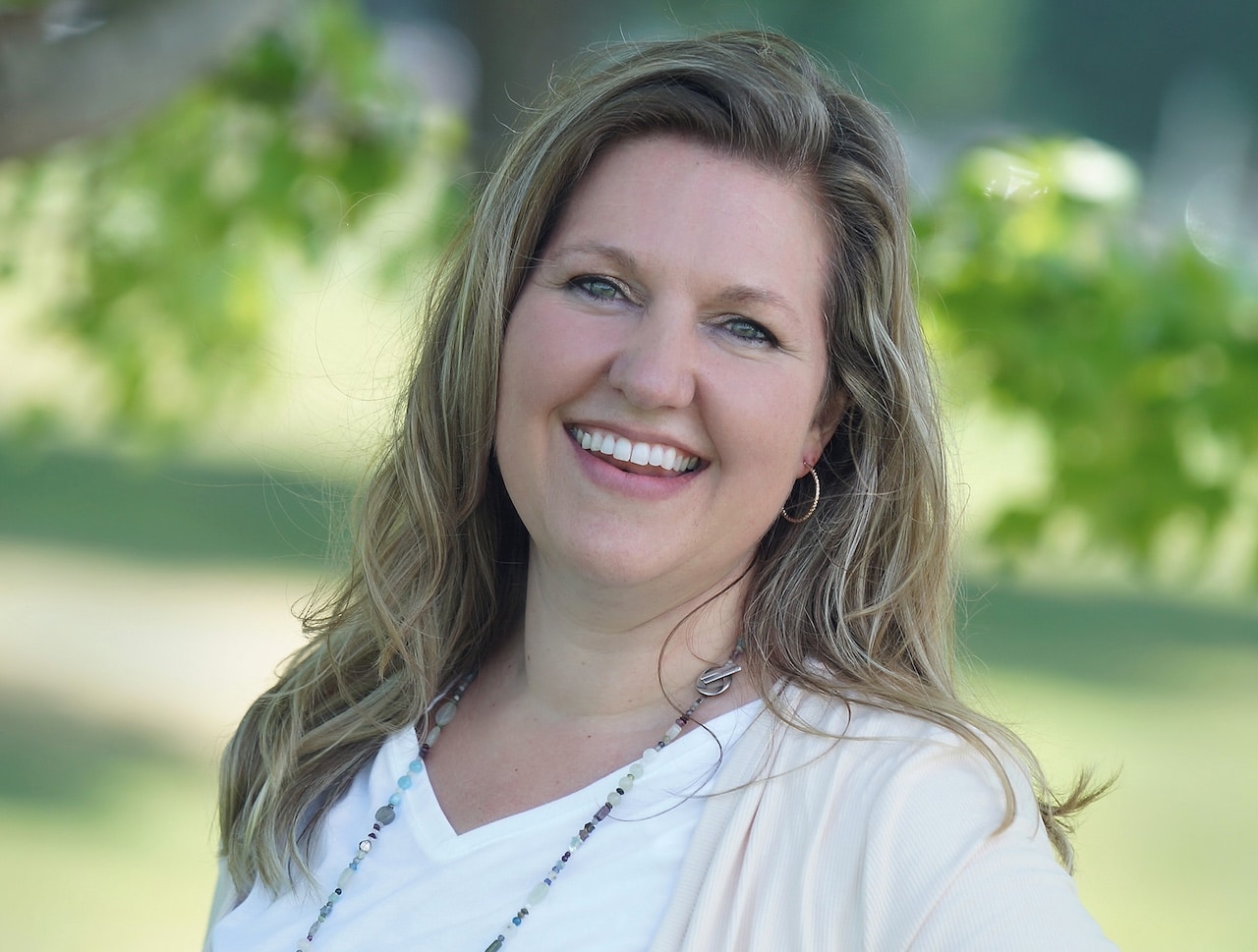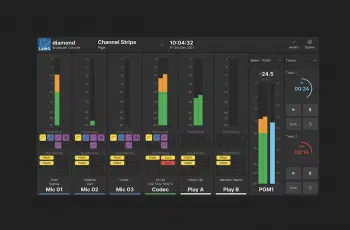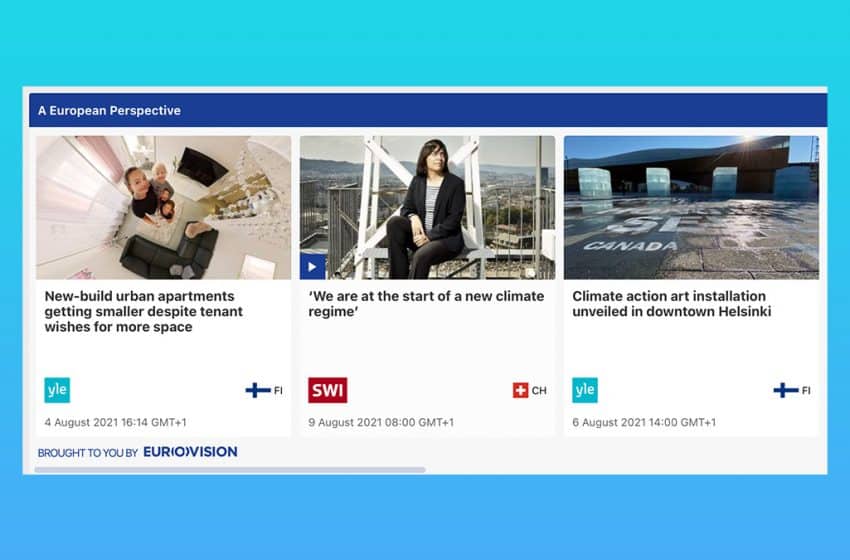
LONDON — On various platforms over the past years, I have praised radio as a medium for opening our minds, providing unique insights into new areas of thought and interest.
We can measure our own opinions against the debates and discussions we hear, and even modify our own thinking.
There’s also that piece of music, or an exhibition or festival, which we encounter via radio, and which provides us with a new horizon, enriching our lives. Public radio, I have argued, is well positioned to achieve this, and indeed, has an obligation to provide this diversity of views and experience, to invest in journalism and culture, given the unique resources made available from public funding.
Language Constraints
Many of us have seen the shortcomings of a social media world, where we follow only topics that interest us, and fail to encounter those surprises, those moments of serendipity, that make life interesting.
However, in one sense, we are all trapped in our own worlds. Even if we have endless curiosity, and infinite time, there are limitations. In particular, we are constrained by the languages that we speak, something I found very frustrating as head of Radio at the European Broadcasting Union.
We normally remain imprisoned within our own culture looking outward, seeing things through the lens of our local and national preconceptions.
How annoying it was to hear of some interesting project, only to have the chance of really appreciating it impeded by my lack of knowledge of EBU Members’ languages. There’s probably nobody alive who can easily travel linguistically from Georgia to Iceland, from Helsinki to Tunisia!
Like many people across Europe, my knowledge is biased toward the more widely spoken languages.
For this reason, we normally remain imprisoned within our own culture looking outward, seeing things through the lens of our local and national preconceptions. I’m not certain whether research has been undertaken on listening to international stations, however, my own experience is that I might sample radio stations in other languages, but always return to base. And although I resolved to consume Swiss media during my five years living in Geneva, the deluge of dramatic Brexit news during most of the period made me constantly curious, concerned about what was happening back in the United Kingdom. Consequently, the BBC remained a constant and welcome companion. And, unless you are living abroad, how do you navigate the enormous amount of material available — where do you start in developing an international perspective?
Another perspective
To develop any personal relationship, each person needs to become conscious of the needs and opinions of the other. This is true on the international stage as well — stating your opinions without being open to consider those of others is surely a recipe for disaster. One way of counteracting the strident my-country-first voices, which have emerged in the past years, is to absorb opinions from across national frontiers.
Radio is an intimate medium, which gives people the space to debate and express themselves naturally. What better place to see what others’ preoccupations are and imbibe an alternative view of the world?
We’re not yet at the point where we can listen to translated radio, but there are two initiatives I see as positive steps in this direction. One is already realized, the other a strong aspiration.
As an ex-EBU manager, I declare an interest, but I cannot refrain from writing about the EBU Eurovox initiative. Here, public-service EBU members from Belgium, Finland, France, Germany, Ireland, Italy, Spain, Portugal, Switzerland — covering most of the population of Western Europe — have undertaken to share stories each month for translation, working across seven languages.
The initiative depends on mutual trust in journalistic quality, and is underpinned by AI technology. This permits the audience to consume unvarnished international media as if they were living in the originating country — that’s exciting and mind-broadening. As this initiative develops, it will surely contribute to fostering an international attitude and enhancing mutual understanding.
Radio with its many voices can provide a vehicle to engage the widest possible demographic.
Of course, French-German public-service television channel ARTE does a wonderful job in giving an international perspective, but you need to know it exists and have an interest in seeking such plurality. By working in collaboration with the established national broadcast brands, international content becomes an everyday occurrence, rather than something special you need to seek out.
International News Coverage
Promoting international news coverage is currently also a major strand for the European Union, as it seeks to support a European media sector that has been adversely affected by COVID, and which remains in heated competition with the United States-based tech giants.
Media confirms and strengthens our sense of place, providing the sights, sounds and opinions from our environment; and if our environment is Europe, then we need to be rooted there, whatever else we might consume.
The EU Media and Audiovisual Action Plan seeks to strengthen the European industry, promoting innovation and nurturing democracy with a related emphasis on media literacy.
Part of that includes providing reliable information about EU policies and initiatives; but it goes further than that.
The EU is looking for projects that share information across national boundaries, including that for the younger demographic.
One of the key areas is the promotion of “collaborative and cross-border journalism,” and yes, the call for proposals is open until October, and some funding areas specifically mention radio. In the post-COVID world, with more limited travel, we need ways of maintaining international understanding and contact more urgently than ever.
Radio with its many voices can provide a vehicle to engage the widest possible demographic. So let’s seek out smart ways of using radio to open our minds, beyond our national interests and preoccupations.
Graham Dixon was head of Radio at the EBU until 2020, and before that managing editor of one of the BBC’s national stations. He currently advises media organizations, such as Radioplayer and the European Digital Radio Alliance.



